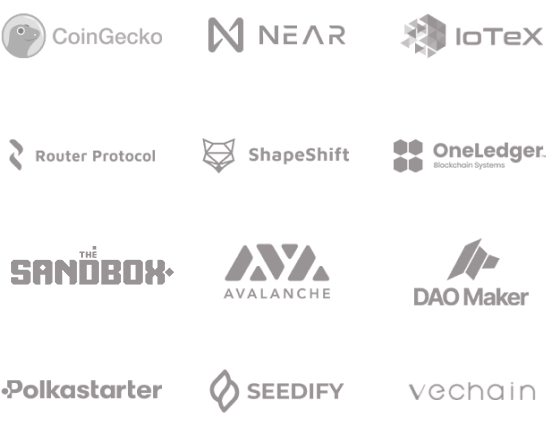Thank you for your request
Get security score on
1,200+ Audited Projects

🇺🇦 Hacken stands with Ukraine!
Learn more
Social engineering is the exploitation by malicious actors of individual psychological weaknesses of users for the purpose of gaining access to corporate resources or assets. There are generally off-site and in-site types of social engineering attacks. According to the information provided by Verizon Enterprise, around 85% of recorded cyberattacks involve the exploitation of human errors. Hackers actively try to trick employees to perform activities that can result in the compromise of corporate data or theft of assets. Often, hackers rely on employees’ lack of awareness about common hacking techniques applied by malicious actors or try to benefit from employees being in stress or in a rush. That is why every solid company should contribute efforts and resources to prepare employees for addressing social engineering threats. One of the most effective ways for companies to test their resistance to social engineering attacks is the social engineering test that is also referred to as social engineering penetration testing.
Social engineering test allows companies to assess employees’ adherence to corporate security standards. Security specialists conducting social engineering penetration testing look for publicly available information related to the client’s employees that may allow attackers to carry out targeted attacks against them to get access to corporate data or compromise the corporate network. The next phase of the social engineering test is the conduct of attacks targeting chosen employees to estimate the scope of potential damage to the company resulting from employees’ failure to address social engineering attacks. Also, the social engineering penetration test provides for identifying loopholes in the corporate security infrastructure. Before the social engineering test, many companies do not even realize how easily hackers can exploit their security weaknesses using only publicly available information about their employees.
Hacken is one of the most reputable providers of social engineering penetration testing services to corporate clients. During the social engineering penetration testing, Hacken specialists will evaluate the level of awareness of your employees about social engineering threats and will estimate the efficiency of technical protection mechanisms applied by a client by simulating phishing attacks, checking configurations, and retraining employees when required.
Hacken can also offer its corporate clients permanent protection from the most popular types of cyberattacks based on social engineering techniques such as phishing, pharming, and other impersonation-based attacks. The list of key characteristics of Hacken social engineering penetration testing services includes:
Overall, the social engineering penetration test is one of the main security measures that need to be taken on a regular basis by every company interested in mitigating the scope of security threats existing in the digital environment.
Every company operating in the digital environment should consider applying for social engineering penetration testing especially if it’s storing huge volumes of sensitive data belonging to clients or their assets in the digital space. Also, social engineering pen testing may constitute an element of security training provided to employees. Social engineering penetration test allows companies to get an understanding of how to effectively prepare employees for recognizing real-world social engineering attacks.
Social engineering penetration testing allows companies to prevent serious data breaches and compromise of their networks resulting from employees’ failure to timely recognize malicious activities. Also, upon passing a social engineering test companies get detailed reports from a security vendor containing recommendations on how to improve their security policies and what new security measures should be introduced to prevent possible exploitation of human factors by hackers.
Social engineering penetration testing allows companies to prevent huge financial and reputational losses as a result of possible cyberattacks targeting their employees. The risks associated with this form of security testing are minimal since the procedure is carried out under the supervision of the client’s responsible officers. Generally, by applying for social engineering test companies can become prepared enough to address most types of modern cyberattacks.
The specialists responsible for conducting social engineering pen testing assess the resistance of clients’ employees to the following social engineering techniques applied by malicious actors:
Malicious actors send malicious messages to users by electronic means, such as email, social media, or any other channels to trick them into disclosing personal information or corporate secrets or clicking on suspicious links. Malicious actors try to impersonate trusted sources for a client and thereby these malicious techniques are one most effective types of cyberattacks.
Phishing attacks targeting specific victims. There are two forms of targeted phishing including whaling and spear phishing. Prior to sending messages to targets, malicious actors try to collect as much info about victims as possible.
Hackers try to place malicious code onto a legitimate website. As a result, the visitors of this website fall victim when downloading the code.
Hackers use fake but believable identity to make users reveal private information or corporate secrets.
Hackers offer the user a gift, software upgrade, or valuable information. The bait contains a link to a malicious website or a file with dangerous code. Baiting attacks are opportunistic techniques applied by bad actors.




